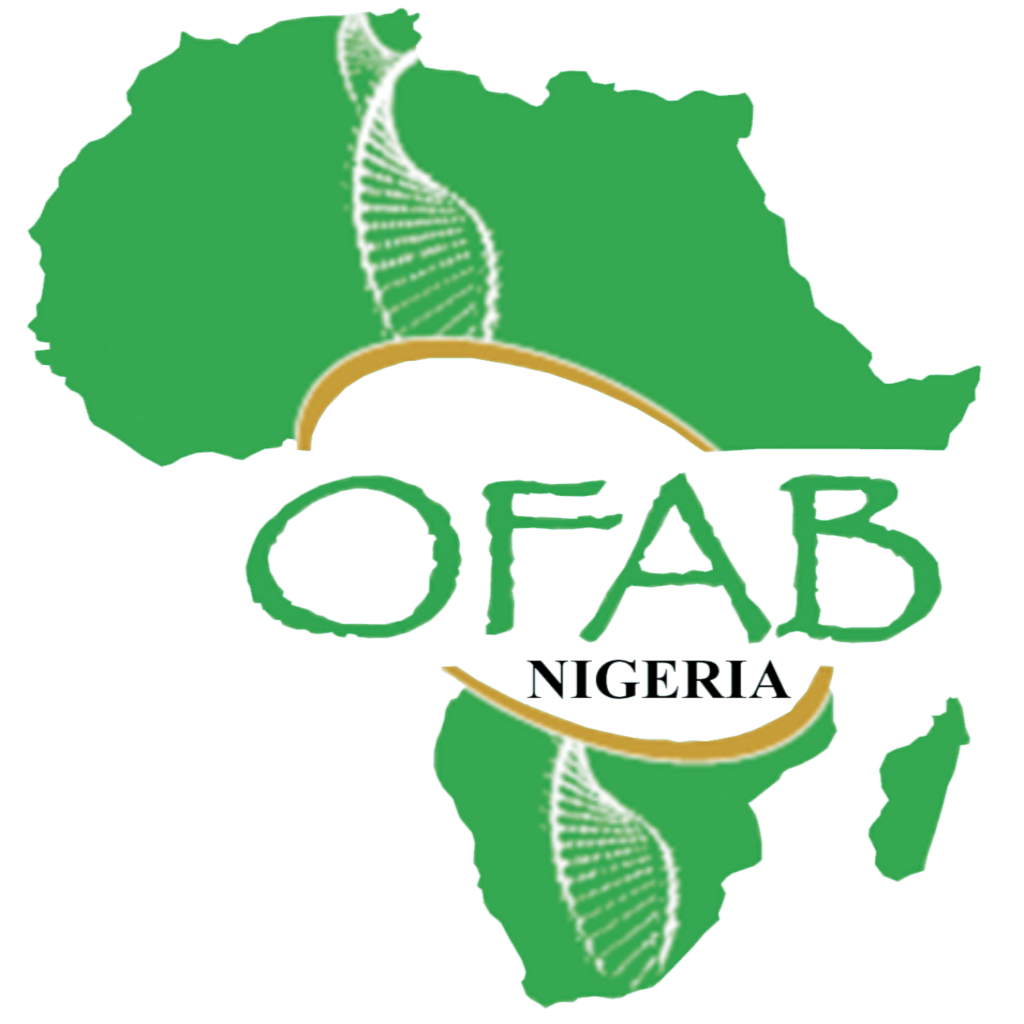
The Federal Government of Nigeria has granted environmental approval for evaluation and open cultivation of TELA Maize, a new maize variety developed by researchers at the Institute for Agricultural Research, Ahmadu Bello University, Zaria that resists fall armyworm, stem borers and tolerate moderate drought.
The government decision was contained in a certificate issued to IAR by the National Biosafety Management Agency (NBMA), the federal government agency mandated to regulate genetically modified products in the country.
The Certificate dated October 8, 2021, with permit code no. NBMA/CM/003 was issued to IAR for General\Commercial Release of TELA Maize Genetically Modified for Drought Tolerance, Resistance to Stem Borer and Fall Armyworm. It comes into effect on October 8, 2021 to October 5, 2024.
A decision document accompanying the certificate from NBMA said that in arriving at the decision to grant the permit, the agency took into consideration the advice of National Biosafety Committee, National Biosafety Technical Sub-Committee and the risk management report provided by the applicant.
“The Agency was convinced that there are no known adverse impacts to the conservation and sustainable use of biodiversity, taking into account risk to human health. The permit, pursuant to this decision, is without prejudice to other extant legal requirements.
This permit authorises the permit holder and persons covered by the permit to commercialise the TELA Maize genetically modified for drought tolerance and insect resistance, the decision document from the NBMA stated.
Reacting to the decision, Prof. Ishiyaku Mohammed, Executive Director, IAR, said It is really inspiring for IAR to secure NBMA approval for the commercial release of the drought tolerant and insect resistant Maize (TELA MAIZE).
“This goes to further highlight IAR’s capacity and commitment to providing effective solutions to agricultural problems facing our farmers and optimising food security for Nigerians. The approval will open the way to combating the devastating effects of both drought and insect pests through the deployment of this new variety of Maize into our farming system.
“The next step is to further evaluate the performance of this new variety by farmers on their fields in all the major maize growing belts in Nigeria. Thereafter we shall seek another approval by the National variety release committee before making the seeds commercially available for farmers to plant in the 2023 cropping season.
Dr. Canisius Kanangire, AATF Executive Director, said the approval has shown that Nigeria is really the giant leading the way in Africa and ensuring that smallholder farmers benefit from life changing technologies that have transformed farming in other parts of the globe.
“The approval by the government of Nigeria is a sign that we are making good progress especially in our quest to expand the options for smallholder farmers on the continent to profit from their labour by using affordable technologies that enhance productivity and reduce incidents of insect pests’ infestation.
TELA Maize is coming at a time when farmers are spending so much to reduce insect and pest attacks as well as battling with the issue of drought. With TELA Maize, farmers in Nigeria will have relief from frequent constant chemical sprays which affect their health. The saving from chemical use can be converted to address other family needs, “Dr Kanangire added.
Dr Sylvester Oikeh, AATF TELA Maize Project Manager said this is the beginning of a new era for maize farmers in Nigeria who have suffered greatly from the twin problem of drought and devastating insect pests occasioned by climate change. The resources and time spent in protecting maize against insect pests will be used for other operations. The maize produced will provide healthier grains for farmers and consumers alike.
Prof. Rabiu Adamu, the TELA Maize Principal Investigator said with the deregulation, the Institute is now permitted to conduct multilocation trials to evaluate the yield and adoptability of the TELA hybrids across the different agroecologies in Nigeria.
“The highest yielding hybrids exhibiting tolerance to drought and resistant to stem borer and fall armyworm will be released to farmers for cultivation. We hope to register some of the outstanding hybrids to commercialize through Nigerian seed companies for farmers to grow in the 2023 rainy season.
Prof. Adamu added that: “The deregulation will fast-track our work to achieve the mission of the project to avail farmers with transgenic maize to solve the challenges of drought, stem borer and fall armyworm.
TELA Maize Project in Nigeria is part of an international Consortium coordinated by AATF, involving Bayer, International Maize and Wheat Improvement Center (CIMMYT), and the National Agricultural Research Systems of seven countries including Ethiopia, Kenya, Mozambique, Nigeria, South Africa, Tanzania, and Uganda since 2018. The Project builds on gains from a decade of excellent breeding work to develop conventional climate-smart drought tolerant maize known as DroughtTEGO varieties.
About AATF (www.aatf-africa.org)
Founded in 2003 to address Africa’s food security prospects through agricultural technology, AATF believes that the agricultural sector is a key foundational pillar as Africa consolidates its economic growth and carves out its new position as a major global economic powerhouse and the next growth market in the world. It was formed in response to the need for an effective mechanism that would facilitate and support negotiation for technology access and delivery and formation of appropriate partnerships to manage the development & deployment of innovative technologies for use by smallholder farmers in SSA:
About IAR: (https://iar.gov.ng/glance)
The Institute for Agricultural Research (IAR), Samaru was established in 1922 as the research division of the Department of Agriculture for the defunct Northern region of Nigeria. IAR was formally transferred by law to the later established Ahmadu Bello University (ABU) on October 14,1962. It is the Institute in Nigeria with the mandate for genetic improvement of crops such as Maize, Sorghum Cowpea, Castor, Cotton, Jatropha, Sunflower, Artemisia and Groundnut and overall farming systems of all crops in Nigeria.

